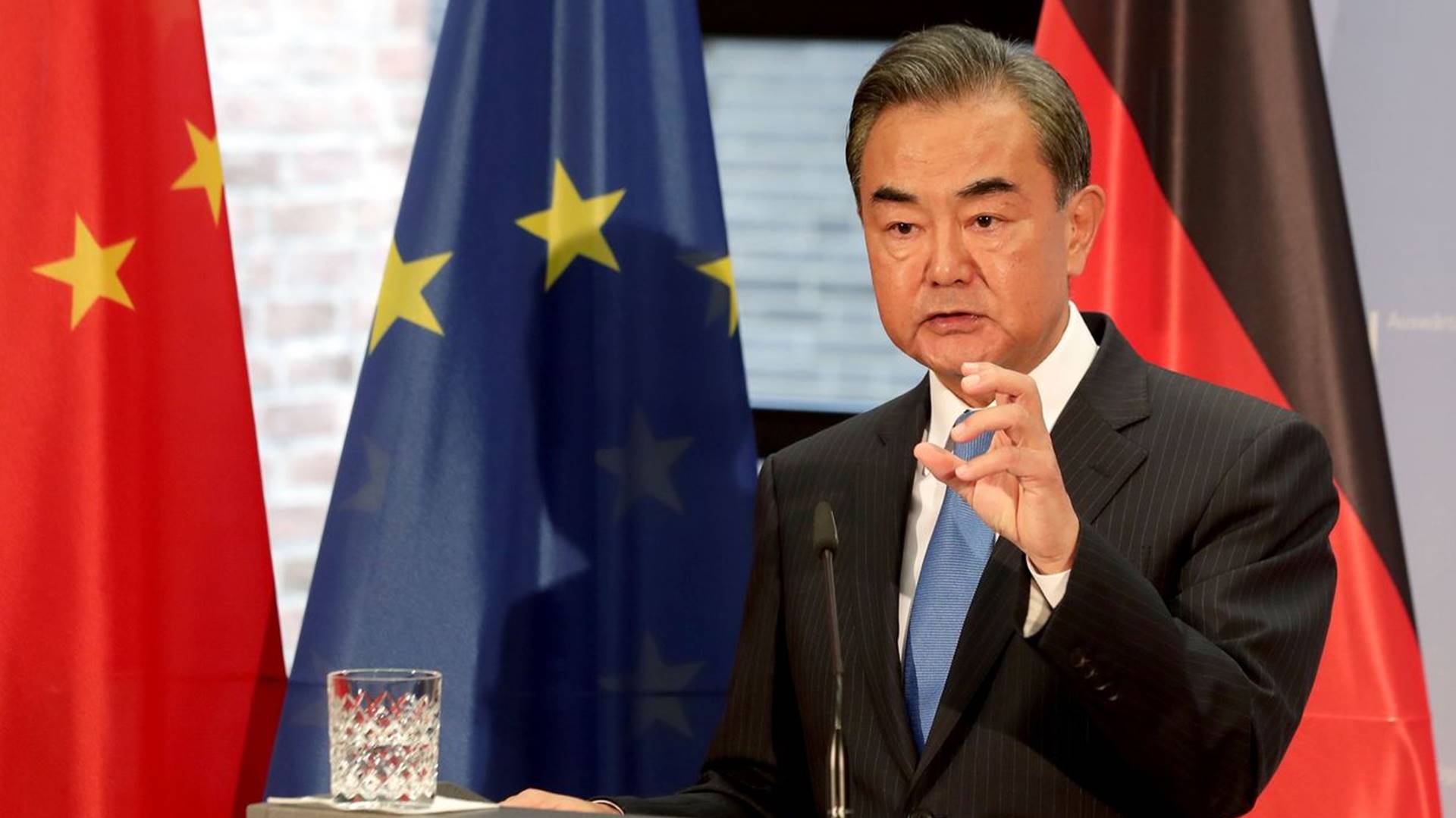HONG KONG—China is launching its own initiative to set global standards on data security, countering U.S. efforts to persuade like-minded countries to ringfence their networks from Chinese technology.
Chinese Foreign Minister Wang Yi is scheduled to announce the initiative on Tuesday at a seminar in Beijing on global digital governance, according to people briefed on the matter.
Given rising risks to data security that require a global solution, “what is pressing now is to formulate global rules and norms that reflect the aspiration and interests of the majority of countries,” said a briefing note on the new initiative that Chinese diplomats provided to foreign counterparts, a copy of which was reviewed.
China’s Yuan Strengthens as Trade and Economic Concerns Fade
Beijing’s initiative comes amid heightened tensions with Washington over issues including trade and technological competition, which has raised the specter of an increasingly bifurcated internet.
In recent months, the Trump administration has taken steps to curtail what it describes as national-security threats from Chinese tech firms like Huawei Technologies Co. and popular Chinese apps including ByteDance Ltd.’s TikTok and Tencent Holdings Ltd.’s WeChat. Chinese officials, meanwhile, have accused the U.S. of imposing a double standard and of trying to sabotage the efforts of Chinese businesses to expand.
China’s e-commerce giants get a boost as consumers continue to shift online after coronavirus
The Chinese initiative comes about a month after U.S. Secretary of State Mike Pompeo announced the Clean Network program, which would exclude Chinese telecommunications firms, apps, cloud providers, and undersea cables from internet infrastructure used by the U.S. and other countries.
Under its new “Global Initiative on Data Security,” China would call on all countries to handle data security in a “comprehensive, objective and evidence-based manner” and maintain an open, secure and stable supply chain for information and communications technology and services, according to a draft.
It also would urge governments to respect other countries’ sovereignty in how they handle data—in line with Beijing’s vision of “cyber sovereignty,” whereby countries exercise full control over their own corners of the internet.
The draft initiative doesn’t mention the U.S. or its Clean Network program. Nonetheless, it offers commitments that echo China’s responses to American allegations of Beijing’s unfair trade practices and security threats from Chinese technology.
For instance, the Chinese initiative would urge countries to oppose “mass surveillance against other states,” and call on tech companies not to install “backdoors in their products and services to illegally obtain users’ data, control or manipulate users’ systems and devices.” U.S. officials have accused Huawei of engaging in such activities and urged friendly governments to block the Chinese company from their domestic 5G networks. Huawei has denied these allegations.
In China, fears of financial Iron Curtain as U.S. tensions rise
Chinese diplomats have approached a number of foreign governments to seek their support for Beijing’s initiative, people briefed on the matter said. It wasn’t clear how much interest it has garnered so far.
More than 30 countries and territories were part of the U.S. Clean Network program as of early August, according to the State Department. Mr. Pompeo described it as an effort to protect the privacy and data of American citizens and businesses from hostile groups like China’s Communist Party. He also encouraged foreign governments and companies to participate in securing their data from the Chinese Communist Party’s “surveillance state and other malign entities.”
Mr. Wang signaled Beijing’s plans for its own data-security initiative at a video conference last week with foreign ministers from the Group of 20 nations.
“Data security is an issue of shared interest for countries around the world,” Mr. Wang said on the video conference, according to China’s Foreign Ministry. “We call on all parties to communicate and coordinate in a constructive way as we work to ensure the secure and orderly cross-border flow of data.”
WSJ / Balkantimes.press
Napomena o autorskim pravima: Dozvoljeno preuzimanje sadržaja isključivo uz navođenje linka prema stranici našeg portala sa koje je sadržaj preuzet. Stavovi izraženi u ovom tekstu autorovi su i ne odražavaju nužno uredničku politiku The Balkantimes Press.
Copyright Notice: It is allowed to download the content only by providing a link to the page of our portal from which the content was downloaded. The views expressed in this text are those of the authors and do not necessarily reflect the editorial policies of The Balkantimes Press.

